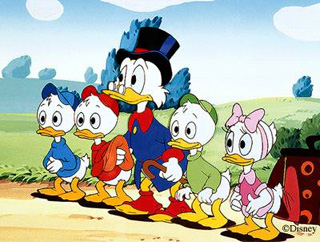The Four Types of Information Assimilation
We assimilate information in varying degrees. I can identify four fundamental stages, from least to most permanent and effective. It's important to be aware of this spectrum (and of the differences between the stages) because we often make incorrect assumptions about our understanding of something (and, consequently, our ability to use that understanding).
- Reception -- this is a necessary condition for information assimilation, but it is almost never sufficient. We need to receive the information (see it, hear it, etc.) but if we don't do anything with it, our brain will simply filter it out. We can hear things, but if we don't pay attention to what we hear, we will not absorb any of the information -- it will appear in our subconscious and disappear as soon as we context switch into anything else that engages us.
- Focus -- by listening (as opposed to just hearing), we tell our brain to start processing the information. Just focusing on it, however, is not indicative of a high absorption rate: our brains need to process it in a way that makes the information fit in with our thought framework. This is the idea behind the next stage.
- Understand -- if we process the information and convince ourselves that it fits in with the rest of our world models, we understand it now. This is where most people end their assimilation process. In other words, when quizzed, they can explain the information; it makes sense to them; when asked if it applies to a particular circumstance, they can provide the correct answer. However, this is reactive behavior -- just understanding is most times not sufficient to naturally pattern match and proactively know when the information is relevant. For example, we can understand what the word obsequious means but we won't be able to produce it when we need to because understanding is not sufficient. We need a stronger form of assimilation.
- Internalizion -- this I believe to be the final stage of assimilation. Once we've internalized something, it becomes a natural part of our world model. We can produce it on demand; we know when to produce it; it becomes natural to us. Usually long exposure to something allows us to internalize it. For example, people understand the mechanics of driving pretty quickly but it takes practice to internalize the rules, guidelines, and systems they've learned so that driving can become natural, almost common-sensical.
Most of us stop at understanding, which is dangerous because it provides a shallow form of assimilation. The information they've understood is not readily available. It's important to be aware of the distinction between understanding and internalization, and to know when understanding alone is simply not going to cut it.





